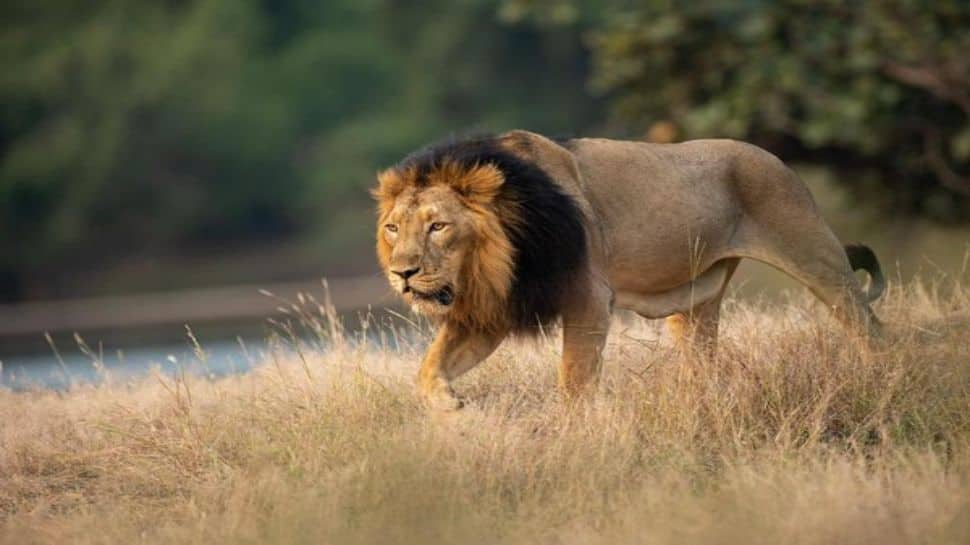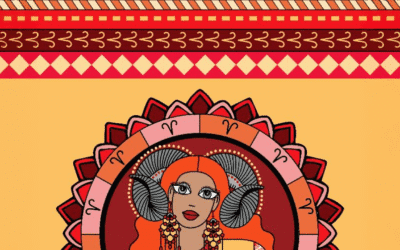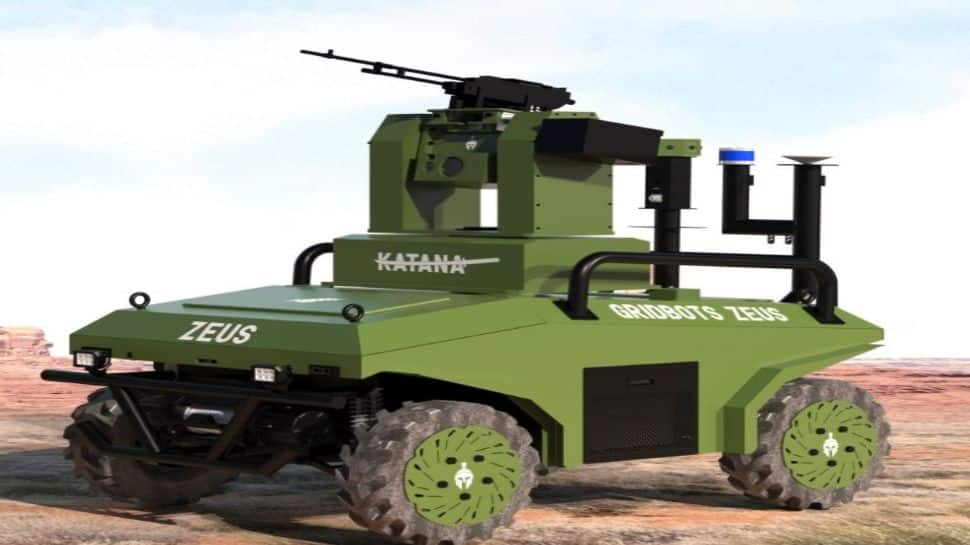Lion Numbers Surge In Gujarat – But Is India Running Out Of Space For The Big Cat? | India News

Ahmedabad: The lions of Gujarat are growing in number. India’s latest census shows a sharp rise. From 674 in 2020 to 891 in 2025, it has witnessed an increase of 32 percent.
Gujarat remains the only state with wild lions. Once found across Asia. Now limited to a single pocket. Once limited to the Gir forests. Now found in cities, farms, coasts and thorny shrub lands.
More lions now live outside Gir than inside. A shift never recorded before. Nine satellite populations now hold the majority. Some are newly discovered, including lions around Jetpur, Babra and Barda Wildlife Sanctuary.
Barda is now being shaped into a second refuge. The government says it is the new hope. Project Lion, worth over Rs 29,000 crore, aims to support that.
But the sharp rise in numbers has triggered concern. Conservationists say the landscape is full. Lions are venturing into villages. Onto roads. Into homes. Some sleep under bridges. Some cross railway tracks.
Accidents are rising. Conflicts, too. A five-year-old child was killed last week. Mauled in a farming field. Lions are no longer distant. They live near humans. In shared spaces.
The counting was done in May across 735 zones over two days. Hundreds of field staff recorded sightings. Many stayed awake all night. Photographs were taken. Maps drawn.
But the method is facing criticism. Some experts doubt the reliability. They say lions need to be identified by patterns. Like stripes. Like whiskers. Unique to each one.
Still, the numbers are likely close to accurate.
So what is fueling the rise? Experts point to food. Water. Space. The lions are adapting. They hunt feral cattle. They scavenge carcasses.
Gujarat’s policy helps, too. The state pays compensation when livestock is killed. Quickly. Often at full value. That keeps tensions low.
But peaceful coexistence has limits. Nearly half of the lions now live outside forests. In farmlands. In towns. Among people.
Open wells, power lines, fast roads – all deadly for lions.
Some conservationists say the land is overburdened. They call it saturated. Lions, they warn, are pushing into places they do not belong.
There is pressure on people as well. Livestock losses are rising. More villages are reporting attacks. People are changing how they live. No night walks. No open grazing. Children are kept indoors.
Many say this is unsustainable.
So why not move lions to another state?
That question remains unanswered. In 2013, the Supreme Court ordered some lions to be relocated. Kuno National Park in Madhya Pradesh was chosen. Forests are wide. Prey is plenty.
Twelve years later, no lions have moved. Gujarat says it is working on it. But nothing has happened.
Instead, cheetahs were brought into Kuno. From Namibia. From South Africa. A historic project. But it triggered confusion. Could lions still come?
Experts say yes. Cheetahs and lions can live together. They share space in Africa. Kuno is big enough.
Leopards are the real threat to cheetahs. Lions can actually help by keeping leopard numbers in check.
Yet some believe the cheetah project was a distraction. A way to stall lion relocation.
Barda, the proposed “second home”, is close to Gir. Only 100 km away. Only 200 sq km wide. Too small. Too close.
Experts say lions need distance. One outbreak. One disaster. One disease. And the entire population could collapse.
India’s lions once roamed from Persia to Bengal. Today, they are boxed into one corner.
The growth is real. The story is inspiring. But the risks are growing.
India may be saving the lion. But is it saving the species?






